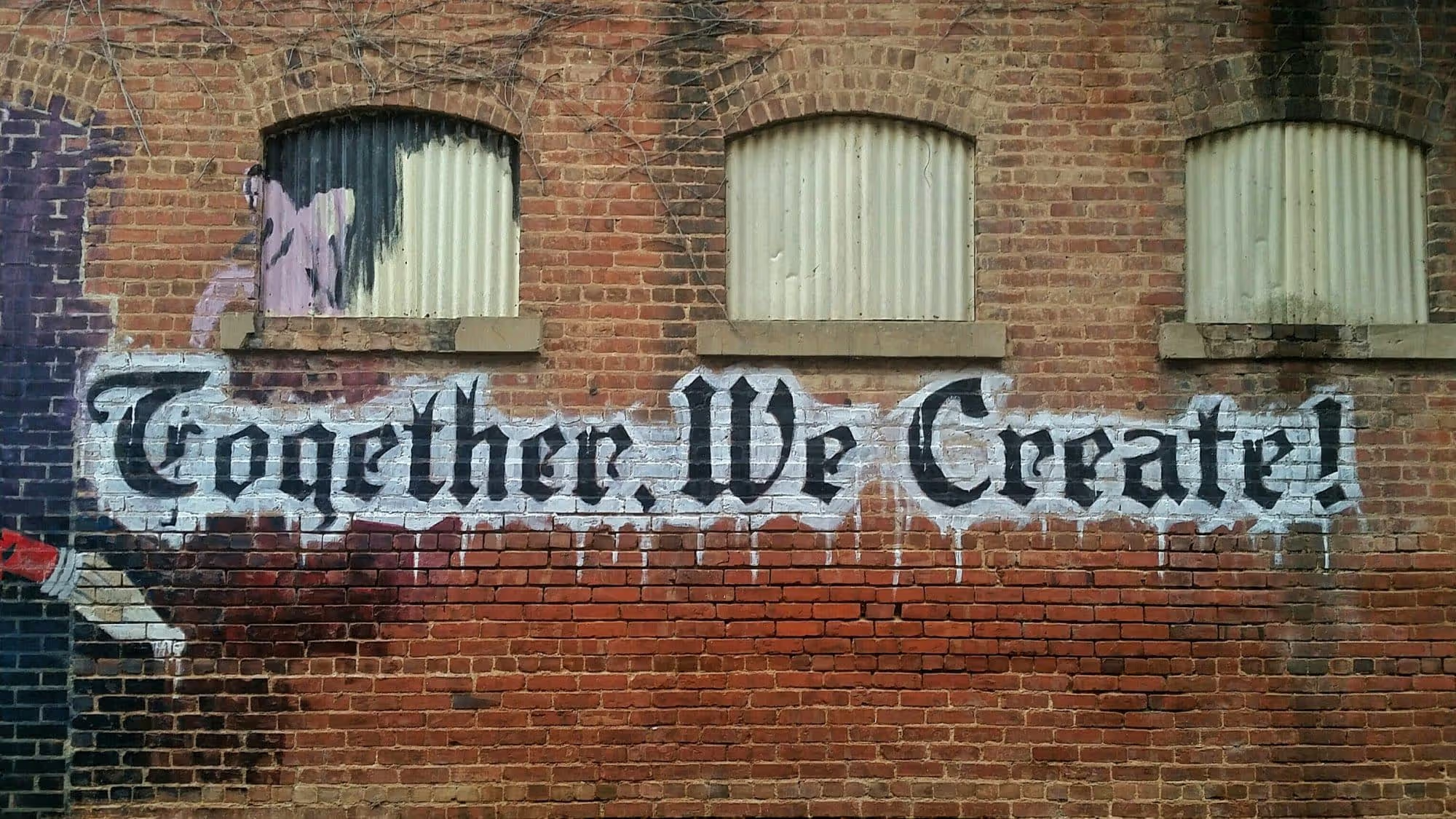
Idea Theft: What you need to know and how to prevent it
In every office, there’s an unspoken game underway—ideas bouncing back and forth, blooming in brainstorming sessions, and then, inexplicably, reappearing with someone else’s fingerprints. Idea theft isn’t just an annoyance; it’s a silent disruptor of trust and creativity. But why does it happen? And what if the culprit isn’t malice, but culture, chaos, or even innovation itself? This article unravels the psychology and mechanics of idea theft—and how to stop it before it stops you.
We all know that sinking feeling you get in your stomach when a colleague pitches your backbreaker idea at the weekly team meeting. But why does idea theft happen and what can you do to ward it off?
Research shows how a staggering 82% admits occasionally stealing ideas from co-workers. That’s a lot of people, and chances are you have done it yourself..?
Idea theft causes frustration, hostile behaviours and generally hinders productivity.
It’s about time you did something about it, don’t you think?
Make yourself comfortable and bear with us. We’ll explain how idea theft happens under your eyes and how you can turn it into rewarding innovation management practices.
The Straw Breaking the Camel’s Back
We’ve trawled through tons of material on what to do when your jerk colleague steals your idea. But why wait until your work is stolen?
Tackle the problem head on instead – before it arises.
What’s the takeaway? Certain factors in your work environment may trigger idea theft without you even realizing it.
We will look at those in the very first section of this article. On top of that, we will also provide action points for you to start tackling the issues today.
Lastly, we will mention 3 easy, preventive tips you can adopt straight away to cripple idea theft from the very start.
Now, let’s look at the biggest idea theft sinners hiding in your office.
1. The Race for Competitiveness
Ask yourself, what’s the level of competitiveness in your corporate culture? Do your managers take credit for your work? Or do they reward aggressive, competitive behaviors?
Idea theft will more likely happen in a company highly focused on performance. A place where everyday life is more of a race rather than a placid idea-mingling while playing frisbee at the park.
So what’s your company like? Do you have a healthy portion of friendly competition? Or is your organization stuck with internal power standoffs?
Make sure to evaluate your corporate culture before you go boohooing to your manager.
Also, follow our action points to prevent idea theft.
What to do to:
Make small improvements. Changing your company’s culture isn’t something that happens overnight. You can’t tackle that on your own, either. Big changes happen gradually. Why not begin with small-scale adjustments? For instance, look within your team. Set the example by being forgiving, understanding and open for dialogue.
Promote collaboration in different areas. Again, you don’t have to start a revolution to have an impact. Start on small scale for sowing the seeds of collaboration E.g. Working together to plan the Christmas party could build the foundation for idea sharing.

2. What a Mess!
Do you have control over your company’s idea management?
Despite popular belief that messy=creativity, the equation doesn’t really fit in the corporate world. Actually, chaotic environments in companies can lead to unclear roles and tasks. Those will in turn create fertile ground for idea theft. Why is that?
For example, it becomes challenging to keep track of who said what, to whom at who’s pool-party. Researchers even proved how chaotic environments enhance the possibility for cryptomnesia – aka. the process of associating yourself as the owner of an idea who wasn’t originally yours. Unconsciously.
Yes, you got it. That colleague who pitched your fantastic idea might actually have done it unconsciously, partly as a result of a chaotic situation. How do you clear the waters?
What to do:
Organize yourself. Try and keep everything together and structured. Have internal meetings for ideas to blossom and for their owners to feel accountable.
Take an active part in prevention. Create an environment of trust and respect. This will prevent employees from even thinking about stealing from each other. Why not have a workshops about the dangers of idea theft?
3. Our Dear Friend Innovation
Say what? Yes, you read that right. Innovation can be a cause for idea theft.
These guys believe idea theft is inevitable in innovative companies. Innovation means building on previous ideas to shape an incremental improvement. In Mark Twain’s words: “there is no such thing as a new idea”. So, what’s the bottom line? Basically, “stealing” is sometimes considered a natural process in innovation practices. However, we believe there is a clear line between idea theft and idea sharing. One thing is collaborating, another is taking credit for someone else’s work.
Does this mean you should give up innovation altogether?
Oh, God, no! Just keep on reading for our action plans.
What to do:
Keep innovating. Don’t let idea theft practices spread. Report them if necessary, and don’t feel guilty about it.
Turn idea theft upside down. Gather a group of colleagues and foster knowledge-sharing practices instead. Collaboration will hinder thief behaviours, as everyone in the group will be accountable for generating new ideas.
So idea theft can origin from a number of different inherent cultural reasons, and might just even be a natural part of the innovation process. That being said, we need to stop blatantly stealing other people’s’ ideas.
An Ounce of Prevention
…is worth a pound of cure – and this is also the case when dealing with idea theft. In the following, we’ll outline 3 easy-to-implement practices you can start now to reduce the risk of idea theft.
1) Don’t Steal, Collaborate!
We don’t like the term stealing. It entails taking another person’s *property *without permission. However, as we mentioned before, new ideas don’t really exist. They are just developed from old ones. So how can you claim ownership?
Put it this way: you have an idea, you share it with your co-workers, you build on it, you innovate. Pretty straight-forward, right?
What’s the missing piece? Well, don’t get too protective about your idea: share, build, mingle. Innovation is all about a continuous flow of brainstormed ideas.

Get your colleagues to [collaborate](https://www.huffingtonpost.com/brian-de-haaff/how-to-respond-when-a-cow_b_8603944.html). This way, the idea will stay within the group as a shared entity rather than something that could be stolen.
2) Be Smart. Use an App.
You can remove any confusion by employing an idea management software. This way, all ideas and their “owners” will be recorded and can be accessed at any time, should doubts of origin surface. Moreover, instead of having teammates battling each other who came up with an idea first they can get together and collaborate to make the idea even better. Lastly, it will help you keep your organization structured, so you avoid destructive messy processes. Cherry on top, you avoid idea redundancy, too.
Digital brainstorming and innovation in a clear, collaborative, trustworthy and safe way – what’s not to like?
3) Feedback is Gold
Idea theft is more likely happen in an environment where employees know no positive or negative feedback will follow their actions. Consider these two scenarios:
Why not steal an idea if I won’t get punished?
Or on the other end of the spectrum:
Why share my idea if I won’t get positive feedback?
Research goes as far as saying employees find justification for stealing ideas in the fact that their manager doesn’t really care about them or won’t do anything about it. Hence, nurturing a good employee-employer relationship could raise values of trust and respect within the company, thus making the practice of idea theft less likely to happen. Bottom line, speak to your manager in an honest and sincere way to discuss how you can make your work with ideas more constructive and beneficial for your innovation activities. It is in her interest that her teams perform well, and a good manager understands the necessity of world-class innovation in these disruptive times.
Innovation at All Costs
Does innovation intrinsically bear the risk of idea theft? Isn’t creative thinking always exposed to the danger of intellectual theft? The straightforward answer to these questions is yes. Idea theft is a delicate topic to tackle, as employee ideas are not usually covered by copyrights or patents. They simply belong to the company.
However, idea theft practices shouldn’t become normalized nor should they take a prominent role in your company’s culture.
Basically, the secret is turning idea theft practices in idea sharing practices. Be open to dialogue, confrontation and improvement – And most importantly, stay organized.
Time to get at it!
Next up to Read:
Protect, Share, Grow Ideas with Ease—Try Ideanote Today!




